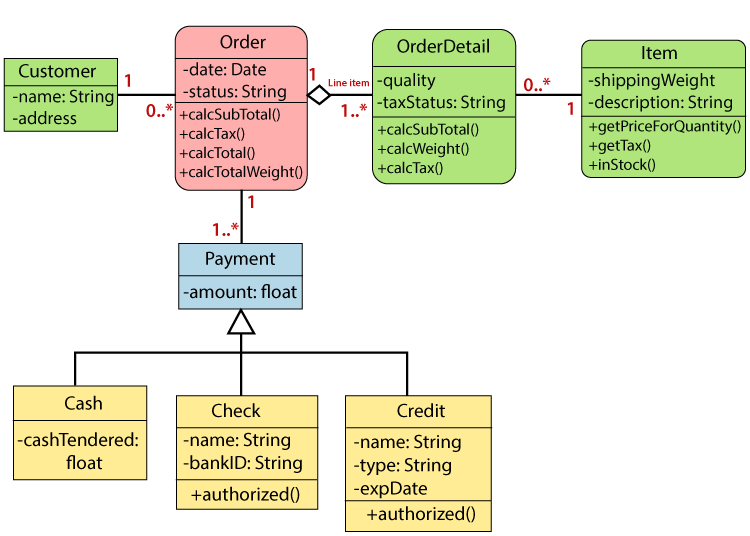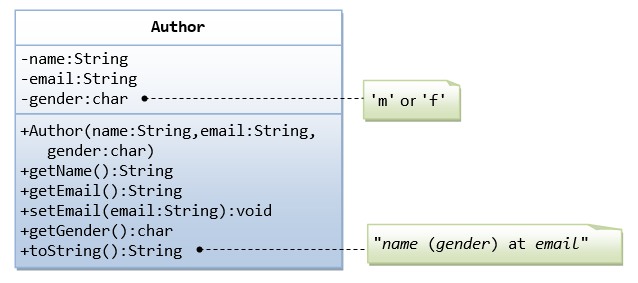

You’ll work in teams learning how to turn a great idea into a great company. You will be getting your hands dirty talking to customers, partners, competitors, as you encounter the chaos and uncertainty of how a startup actually works. Our goal, within the constraints of a class room and a limited amount of time, is to create an entrepreneurial experience for you with all of the pressures and demands of the real world in an early stage startup. This is a practical class–essentially a lab, not a theory or―book class. And it is most definitely not an incubator where you come to build the―hot-idea that you have in mind. And the end result is not a Power Point slide deck for a VC presentation. It’s not an exercise on how smart you are in a classroom, or how well you use the research library to size markets. This class is not about how to write a business plan. This course provides real world, hands-on learning on what it’s like to actually start a high-tech company. At the end of the course, students will be paired with a student from the Architecture Department class called Immersive Environments to perform a study on how to design immersive environments to reduce stress, anxiety, frustration, anger, and/or depression. Students in this course will design an experimental study to examine how emotional states like stress, anxiety, frustration, anger, and/or depression can be measured through the use of mobile applications. The course content and format will be appropriate for computer science, cognitive science, psychology, human factors, and industrial engineering students (advanced undergraduate/graduate). This course will provide an introduction to affective computing and human-computer interaction through a combination of lectures, student presentations of selected literature, projects and class discussions. Prereq: Computer Science II (with a grade of ‘C’ or better).Īffective computing represents a broad, interdisciplinary research and practice area focusing on a range of topics, including: computational models of emotion, cognitive-affective architectures, affective user modeling emotion sensing and recognition emotion expression and the use of emotions to improve human-computer interaction across a range of contexts including health informatics and immersive environments. Concrete examples will be drawn from a variety of domains, such as algorithms for trees and graphs, indexing and search, and real-world problems. Topics include advanced data structures, key algorithm design techniques, analysis of the time and space requirements of algorithms, and the subsequent development of solution of systems. The course continues the study of data structures and algorithms, focusing on algorithmic design and problem analysis and the relationships between data representation, algorithm design, and program efficiency. Prereq: Computer Organization, Theory of Computation (After fall 2008).

The course will also cover several non-imperative languages (unlike C, such as LISP and Prolog) to expose students to the diversity of programming languages. The course will teach students the basic components of the design and analysis of computer programming languages as well as the fundamental computation theory that is required to understand those concepts. Prereq: Computer Science II and Discrete Structures. Models of computation: finite state automata, push down automata, Turing machines. Sequential machines and their applications to devices, processes, and programming.

A study of the formal relationships between machines, languages and grammars we will cover regular, context-free, context-sensitive, recursive and recursive enumerable languages. Introduction to the classical theory of computer science. Prereq: CSCI 100, or some programming experience. Makers must be motivated to explore the syntactic nuances of these languages independently. While no previous knowledge of web development is required, makers will be expected to have a working knowledge of programming concepts. This class will be about creation and students will become the maker.

Students will be learning HTML, CSS and Javascript. Interested in learning web development but not sure where to start? Come join web makers and you will have your first web server up in one class! In this class, students will start with the basics and work up to a deep dive into making for the web.


 0 kommentar(er)
0 kommentar(er)
